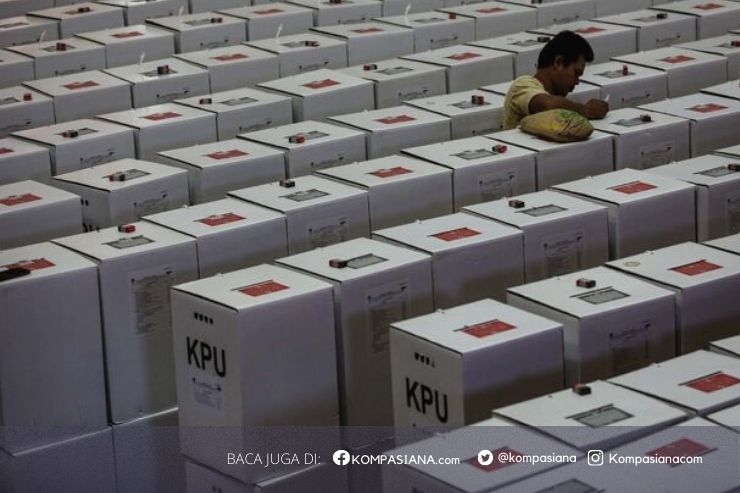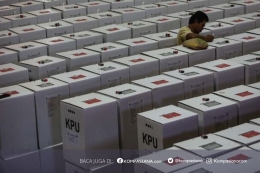Bassens and Derudder (2023) delve into the comparative urban studies of global cities, illustrating how Tokyo and Paris prioritize connectivity and governance frameworks that align HR strategies with global city ambitions (Bassens & Derudder, 2023). Alizadeh (2021) evaluates smart city initiatives in Barcelona and Seoul, highlighting innovative HR practices that foster digital literacy and adaptability among the workforce (Alizadeh, 2021).
Miyahira and Amorim (2020) examine labor market policies in smart cities like Curitiba and Singapore, demonstrating how strategic HR interventions can enhance workforce productivity and align with long-term urban planning goals (Miyahira & Amorim, 2020). These studies collectively underscore the adaptability and innovation inherent in the HR strategies of successful global cities, offering a roadmap for other cities aspiring to achieve global competitiveness.
3.3 APPROACH
Desk Research And Theoretical Synthesis
Desk research and theoretical synthesis are pivotal methodologies in consolidating diverse datasets and drawing meaningful conclusions in human resource (HR) development and urban planning. These approaches facilitate a structured understanding of policies, organizational practices, and theoretical advancements.
Kapoor (2024) underscores the role of desk research in strategic HR management, particularly within small and medium enterprises (SMEs) in urban contexts. The study highlights how desk-based evaluations of organizational innovation and secondary datasets guide HR policies to foster competitiveness (Kapoor, 2024). Fletcher et al. (2020) focus on public sector engagement, arguing that desk research combined with theoretical synthesis helps identify gaps in employee engagement practices and align them with institutional objectives (Fletcher et al., 2020).
Cooke et al. (2019) present a systematic review of multinational corporations' HR strategies, leveraging theoretical synthesis to integrate cross-national insights and contextualize global HRM trends. The study reveals significant variations in HR practices influenced by regional policies and organizational frameworks (Cooke et al., 2019). Similarly, Hewett et al. (2018) examine attribution theories in HR, employing theoretical synthesis to bridge conceptual ambiguities and suggest practical applications for organizational behavior research (Hewett et al., 2018).
Additionally, Sambrook (2005) highlights the integration of findings from two research projects on work-related learning, demonstrating how synthesis provides a holistic view of contextual influences on HR development (Sambrook, 2005).
The role of desk research in policy analysis is further illustrated by Parsaee et al. (2019), who analyze urban heat island action plans. The study demonstrates how theoretical synthesis of secondary literature can guide urban sustainability strategies (Parsaee et al., 2019).
Case Study Analysis To Identify Transferable Strategies
Case studies are an invaluable tool in identifying transferable strategies across urban and HR contexts, providing grounded insights into best practices and contextual adaptability. El Moudden et al. (2024) analyze the unfreezing strategy of transfer learning applied to mapping slum diversity in Kenitra, Morocco. This study highlights the potential of case-based transferable methods for addressing urban development challenges in other cities (El Moudden et al., 2024).







